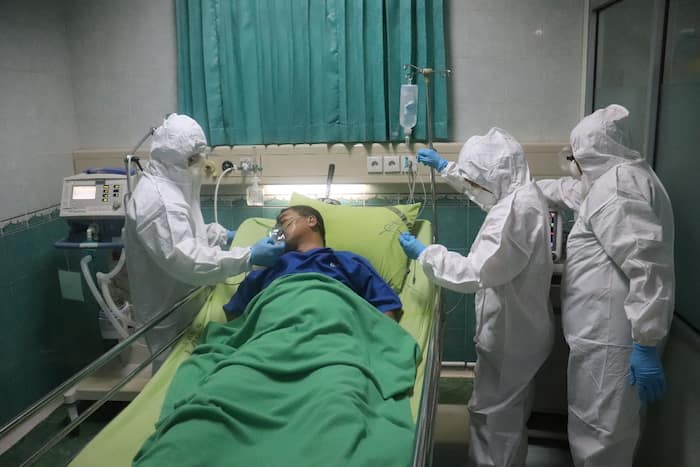‘Hospitals cannot admit seriously ill patients to intensive care’: government guidance, details inside
As per the guidelines, several parameters need to be monitored in a patient waiting for an ICU bed.
Admission to intensive care: The Union Health Ministry, in its recent guidelines for intensive care admissions, has said that hospitals “cannot admit critically ill patients to the intensive care unit (ICU) in case of refusal by them and their family members”. The guidelines further advised that when no further treatment is possible or available for a sick or terminally ill patient and continued therapy will not affect outcome, especially survival, “stay in intensive care is futile care ”.
These guidelines, compiled by 24 experts, further state that anyone with an advance directive or an advanced directive against ICU care should not be admitted to the ICU.
Furthermore, keeping a patient in intensive care should take into account low priority criteria in the event of a pandemic or disaster where resources are limited.
Criteria for admitting a patient to intensive care should be based on organ failure and need for organ support or on the prospect of worsening medical conditions, the guidelines said.
An altered level of consciousness of recent onset, hemodynamic instability, need for respiratory support, patients with an acute illness requiring intensive monitoring and/or organ support, or a medical condition or disease that expects deterioration have been mentioned as criteria for admission to the intensive care unit.
Patients who have experienced a major intraoperative complication, such as cardiovascular or respiratory instability, or who have undergone major surgery are also included.
“The following seriously ill patients should not be admitted to the intensive care unit – the informed refusal of the patient or close relatives to be admitted to the intensive care unit, any disease with a treatment restriction plan, anyone with an advance directive or an advanced directive against ICU – care, terminally ill patients with a medical judgment of futility and low priority criteria in the event of a pandemic or disaster situation where resources are limited (e.g. beds, staff, equipment),” the guidelines state.
The return of physiological abnormalities to an almost normal status or baseline, reasonable recovery and stability of the acute illness that required admission to the ICU, patient/family agreeing to discharge to the ICU due to a treatment restrictive decision or palliative care have been mentioned in the criteria for discharge to the ICU.
According to the guidelines, blood pressure, heart rate, respiratory rate, breathing pattern, heart rate, oxygen saturation, urine output and neurological status, among other things, should be monitored in a patient awaiting an ICU bed.
(With PTI inputs)


